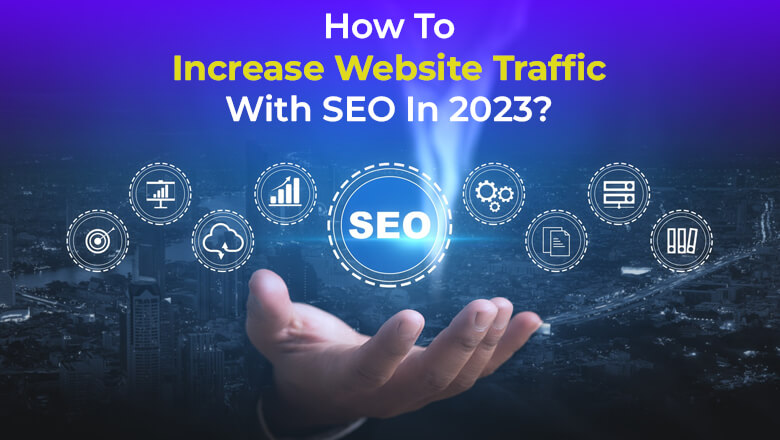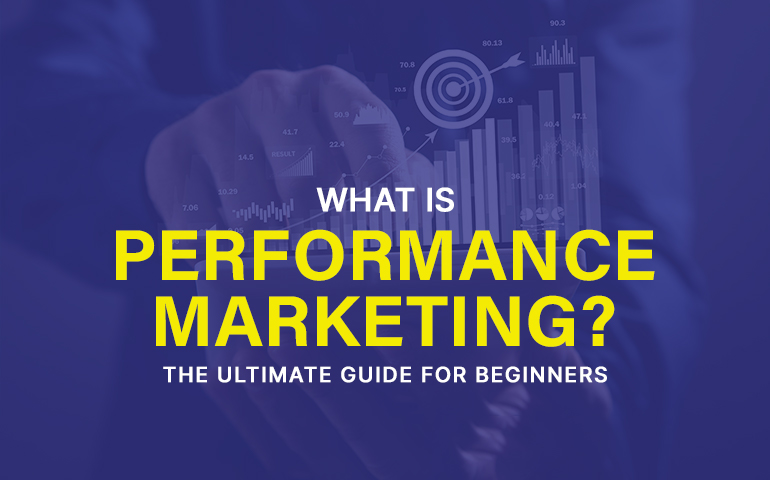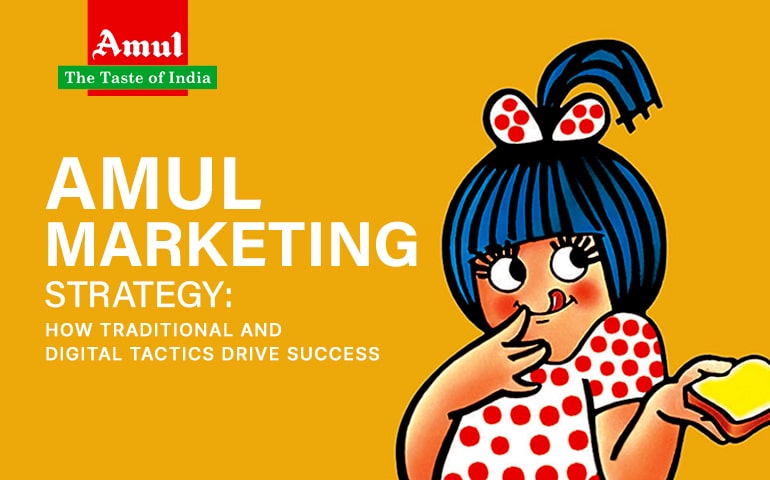Undoubtedly, one of the most dynamic areas of digital marketing is none other than SEO as Google keeps on updating its algorithm to improve the search experience for the users. It is SEO marketing due to which, you can find exactly what you are looking for in Google.
There are plenty of businesses investing their time, money, and efforts in SEO trends 2025 because they are aware of the importance it holds in the digital landscape. Consequently, having great traffic on your website is essential.
Improving website traffic using SEO in 2025 involves a mix of traditional practices and adapting to new search engine developments, technologies, and user behaviors.
Let us learn in-depth about SEO, its significance, and how it can help you increase website traffic in 2025.

What Is SEO?
SEO stands for search engine optimization which is the process of optimizing the websites and content to improve its visibility in search engines such as Google, Yahoo, Bing, and many more. In other words, SEO is a strategy to ensure that users end up finding your website when looking for that product or service.
The businesses can improve the site’s visibility by emphasizing on elements such as keywords, image tags, title tags, internal link structure, and backlinks. The vital components of SEO include :
- On-page SEO
- Off-page SEO
- Technical SEO
- Content marketing
- User experience
Why Is SEO Important For Businesses?
There are plenty of reasons why no business at present should risk missing out on its SEO. Let’s take note of the same.
Visibility and Branding : Being visible on search engines helps businesses to become recognized and trusted. When users search for your products or services, consistent appearance in the search results strengthens brand recognition and authority.
Web Traffic : SEO is a primary driver of organic (non-paid) traffic to websites. More traffic often leads to more conversions, sales, and revenue.
Return on Investment (ROI) : Compared to other forms of online marketing like Pay-Per-Click (PPC) advertising or social media marketing, SEO can offer a substantial ROI. While SEO requires an initial investment, its long-term benefits usually surpass the costs, especially since organic clicks are “free” and don’t have a direct cost associated with them like paid clicks.
User Experience : SEO involves optimizing the user experience on a site. A good SEO strategy ensures that users find what they’re looking for quickly and easily, leading to better user engagement, lower bounce rates, and increased sales/conversions.
Local Reach : With the advent of smartphones and localized search results, local SEO has become crucial for brick-and-mortar businesses. Local SEO helps businesses stand out in local searches, driving local traffic, and in-person visits.
How Can SEO Help You Increase Website Traffic?
Understanding User Intent By researching and understanding the keywords and phrases users type into search engines, businesses can tailor their content to directly answer users’ queries and concerns. This relevance can lead to higher rankings and more targeted traffic.
Creating High-Quality Content Content that is informative, engaging, and answers users’ questions can establish a website as a go-to resource. High-quality content is more likely to be shared, linked to, and featured prominently by search engines, attracting more visitors.
Optimizing On-Page Elements Properly optimizing elements like meta titles, descriptions, headers, and URL structures ensures search engines understand the context and relevance of your content. This can result in better rankings and, consequently, increased traffic.
Read Also : The Importance of Content Writing in Digital Marketing
Improving Website Speed and Performance Search engines reward websites that load quickly and offer smooth user experiences. By optimizing site speed, you can ensure visitors stay longer and are more likely to explore multiple pages.
Building Quality Backlinks Earning links from reputable sources not only boosts a website’s authority but can also drive direct referral traffic. A diverse and robust backlink profile can significantly elevate a site’s visibility in search results.
Basics Of SEO
The basics of SEO include keyword research, on-page SEO, and off-page SEO. The keywords you choose for SEO should be the ones that people use when searching for something. Researching ideal keywords is regarded as the foundation of SEO. So, the first step is to identify the terms and phrases particular to your business and convert those into initial keywords.
Once you are done with keyword research, the next step is on-page optimization. The two most popular on-page factors include meta tags like titles or descriptions. The other important on-page factors include URL, H1 tag, content, meta title, meta descriptions, ALT tags, and image file names.
Then there is Off-page SEO which refers to the actions taken outside of the website to improve your rankings and visibility. Off-page, you should focus on crucial components such as link building, guest blogging, local SEO, forums, and content marketing.
SEO Strategies For 2025
Want to stay ahead of your competitors? One sure-shot way to do so is by learning the top SEO strategies for 2025. Here’s what you need in your SEO strategy.
Emphasis on long-tail keywords – Long-tail keywords, often more specific and less competitive, cater to niche audiences and capture user intent more effectively.
Create high-quality content – High-quality content is the backbone of SEO. It helps websites earn organic traffic, build credibility, and provide real value to users.
Optimize your images – Image optimization improves site speed and user experience. It also provides an opportunity to rank in image search results.
Build backlinks – Backlinks act as endorsements for your website. A diverse and strong backlink profile can significantly elevate your site’s authority and ranking potential.
Use social media – Social media doesn’t directly impact SEO rankings, but it plays a crucial role in content promotion, brand visibility, and audience engagement.
Promote your content – Use email marketing to notify your subscribers of new content. Collaborate with influencers or industry leaders to amplify content reach. Additionally, consider using pay-per-click (PPC) advertising for strategic content pieces to attract more visibility.
Further Read : SEO Vs PPC – Which Is Better? Differences, Pros, Cons
Wrapping Up
By implementing the strategies mentioned above, you can surely witness a sea change in the website traffic. While you might not see immediate spikes in traffic, consistent and quality SEO efforts can lead to sustained growth over time. Regularly monitor your analytics, adjust your strategies based on what you learn, and always prioritize providing value to your audience.




